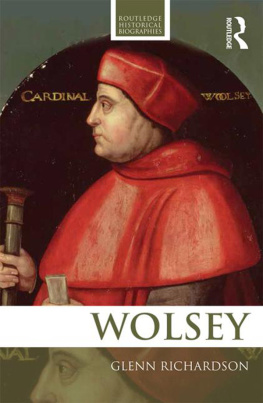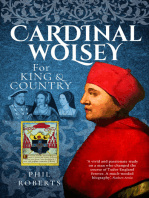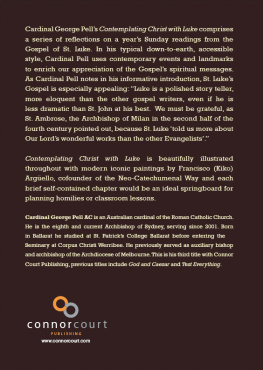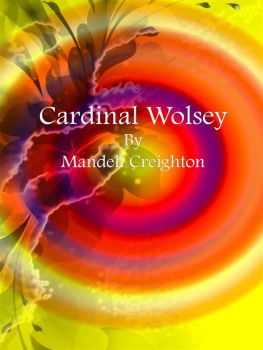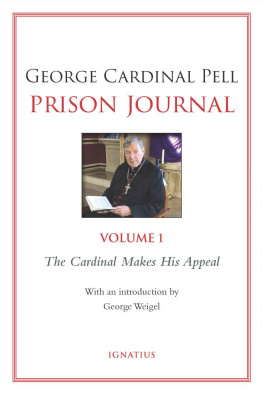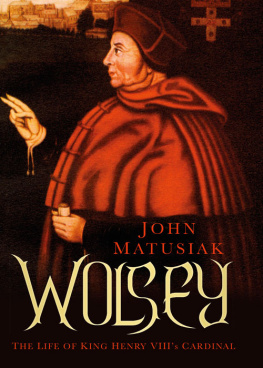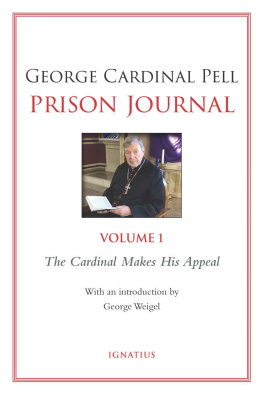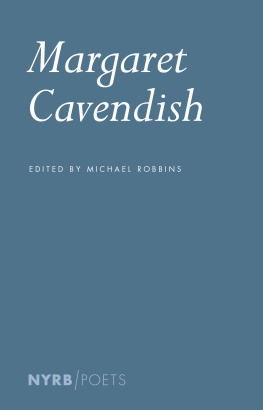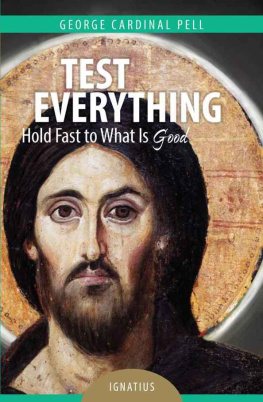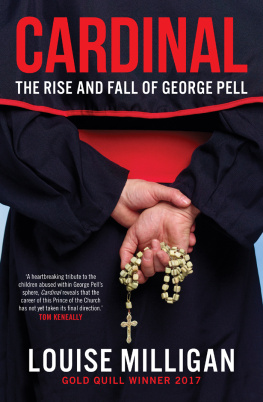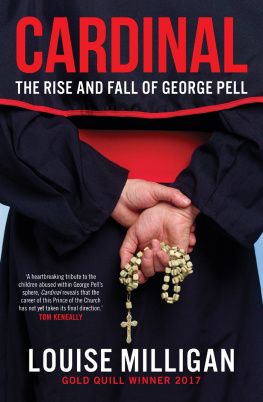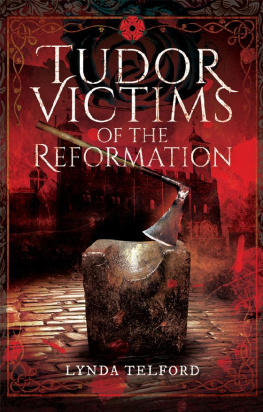The cover image was created by the transcriber and is placed in the public domain.
QUEEN ANNE BOLEYN.
ENGRAVED BY E. SCRIVEN, AFTER
THE ORIGINAL PICTURE BY HOLBEIN.
London, Published Jan. 1, 1825, by Harding, Triphook & Lepard.
THE
LIFE
OF
CARDINAL WOLSEY.
BY
GEORGE CAVENDISH,
HIS GENTLEMAN USHER.
FROM THE ORIGINAL AUTOGRAPH MANUSCRIPT.
WITH
NOTES AND OTHER ILLUSTRATIONS,
BY
SAMUEL WELLER SINGER, F.S.A.
Snake emblem
SECOND EDITION.
LONDON:
PRINTED BY THOMAS DAVISON,
FOR HARDING AND LEPARD, PALL MALL EAST.
MDCCCXXVII.
Crest with Stags, Shield, and banner reading CAVENDO TUTUS
TO HIS GRACE
THE DUKE OF DEVONSHIRE,
THIS REVIVAL OF A MOST INTERESTING
SPECIMEN OF COTEMPORARY BIOGRAPHY,
BY HIS COLLATERAL ANCESTOR
GEORGE CAVENDISH,
IS WITH PERMISSION DEDICATED
BY HIS GRACES OBLIGED AND
OBEDIENT HUMBLE SERVANT,
S. W. SINGER.
PREFACE.
Perhaps few periods of English history are more remarkable than that which comprised the fortunes of Wolsey; a period which had to boast the most illustrious potentates who have ever filled the thrones of Europe. The age of Henry was also that of Leo, of Charles, and of Francis:a period big with political events of singular interest:the captivity of the French monarch and of the Roman Pontiff,the sacking of Rome,the divorce of Queen Katherine,and the train of circumstances which led the way to the Reformation,Events in which Wolseys hand may be often traced, and in some of which he was a principal actor. The record of his life and its vicissitudes,his humble originhis towering fortunes, and his sudden fall,could not well fail of interesting even in ordinary hands:But he has been extremely fortunate in his biographer. The narrative contained in the following pages, of course, only affords a glance at these events; it is not the work of a professed historiographer, but the production of a simple-hearted and honest eyewitness of what he relates. George Cavendish was the faithful attendant of this princely prelate in his triumphant as well as in his declining fortunes:One who failed him not in his adversity, but shed over his fallen master the tears of affection, performed for him the last sad offices of humanity, and then in his retirement sat down with honest indignation to vindicate him from slander, and to transmit to future ages a faithful picture of his life, with a sacred regard to truth.
It is this circumstance which renders his work so much more interesting than any thing of a similar kind with which I am acquainted. We are here occasionally introduced to the secret recesses of the private life of one of the most distinguished statesmen the world ever saw; of one who not only divided the sway of empire with his monarch, but who governed or influenced the conduct alternately of France and Spain; whose power for a time was almost unlimited, and whose magnificence has never been exceeded.
There is a sincere and impartial adherence to truth, a reality in Cavendishs narrative, which bespeaks the confidence of his reader, and very much increases his pleasure. It is a work without pretension, but full of natural eloquence, devoid of the formality of a set rhetorical composition, unspoiled by the affectation of that classical manner in which all biography and history of old time was prescribed to be written, and which often divests such records of the attraction to be found in the conversational style of Cavendish. There is an unspeakable charm in the navet of his languagehis occasional appeals to his readerand the dramatic form of his narration, in which he gives the very words of the interlocutors, and a lively picture of their actions, making us as it were spectators of the scenes he describes. Indeed our great poet has literally followed him in several passages of his King Henry VIII. merely putting his language into verse. Add to this the historical importance of the work, as the only sure and authentic source of information upon many of the most interesting events of that reign; from which all historians have largely drawn, (through the secondary medium of Holinshed and Stowe, who adopted Cavendishs narrative,) and its intrinsic value need not be more fully expressed.
Upon the death of the Cardinal his master, Cavendish relates that the king gave him the same appointment, of Gentleman Usher, in his service, which he had filled in the household of Wolsey: yet at the close of his work he tells us that he returned to his own home in the country. Whether his retirement was only temporary, or whether he then took his final leave of the court, we have no exact means of ascertaining. In his poems he does not mention having served the king, yet dwells upon his faithful services to the Cardinal; but the information he displays upon the principal subsequent events of the reign of Henry, and that of Edward VI. seems to lead to the conclusion that he was a spectator of them. In retirement he would have hardly been able to obtain the acquaintance with public affairs which his poems show that he possessed. The circumstance of his sitting down to write in the reign of Philip and Mary, to eschewe all ociosite, would seem to point to that as the period of his retirement, or otherwise his conscience had long slumbered before it accused him that his tyme he spent in idelnes.
The fate of this Life of Wolsey has been indeed singularly unfortunate; after remaining in manuscript nearly a century, it was first printed in 1641, for party purposes, but in such a garbled form as to be hardly recognized for the same work, abridgment and interpolation having been used with an unsparing hand. Its author too had been robbed of his literary honours, which were bestowed upon his younger and more fortunate brother Sir William Cavendish, until the year 1814, when his cause was ably advocated in a Dissertation by the Rev. Joseph Hunter, F.A.S. author of the History of Hallamshire. I am indebted to the kind intervention of my friend J. H. Markland, Esq. for the privilege of reprinting that Dissertation, which the reader will find at the commencement of the volume, and will, I doubt not, be gratified in the perusal. It affords the best example of clear argumentative solution of a literary paradox from circumstantial evidence with which I am acquainted, at the same time it is so skilfully interwoven with curious matter bearing upon the question, as not only to divest it of the sterile character with which disquisitions of the same kind from less able hands have been marked, but to render it very interesting. I owe Mr. Hunter my best acknowledgements for the ready manner in which the favour was conferred, and I look to have the thanks of those, who are yet unacquainted with it, for uniting this tract with the work of George Cavendish, from which it should never again be disjoined. For all that relates to the Life of Wolsey and its author, therefore, I shall beg leave to refer to this source of information; and it will only remain for me to give an account of the present edition.
Having purchased two valuable ancient manuscript copies of the work, one of them from among the duplicates of the late Duke of Norfolks library, under which is written in another hand, i. e. Clement Rossington of Dronfield, Gent. whose son Mr. James Rossington gave me this MS. It is remarkable that it should have passed into the possession of a person in Derbyshire. Those who have made Sir William Cavendish the author would have seized upon this circumstance with avidity as lending colour to their assertion, and would probably have argued that the initials G. C. by which



